Auto-generated excerpt
Thing you need to consider before buying a hybrid car: a eco-friendly buyer Guide 2023
- Vanswest: Trustworthy Japanese Import Car Dealer in Australia
- Blog
- buyer guide
- Thing you need to consider before buying a hybrid car: a eco-friendly buyer Guide 2023
Thing you need to consider before buying a hybrid car: a eco-friendly buyer Guide 2023
Ready to steer towards a greener path with hybrid cars? Explore the road to a sustainable future with smooth rides and impressive hybrid car fuel efficiency.

1. Fuel consumptions for Hybrid car
Hybrid vehicles have gained popularity over the years for their ability to combine an internal combustion engine with an electric motor.
This unique combination allows for greater fuel efficiency, reducing the amount of gasoline needed for each mile traveled. Hybrids are particularly efficient in stop-and-go city driving, where they can often operate solely on electric power, saving you money and reducing emissions.
Based on extensive calculations and hands-on experience, hybrid cars like the Toyota Corolla Axio and Honda Fit can achieve impressive fuel consumption figures, as low as 3.05 liters per 100 kilometers according to official ratings.
However, based on our experience real-world driving experiences often show slightly higher figures, ranging from approximately 3.3 to 4 liters per 100 kilometers.
It’s essential to keep in mind that actual fuel consumption can vary significantly based on your driving habits and the prevailing traffic conditions.
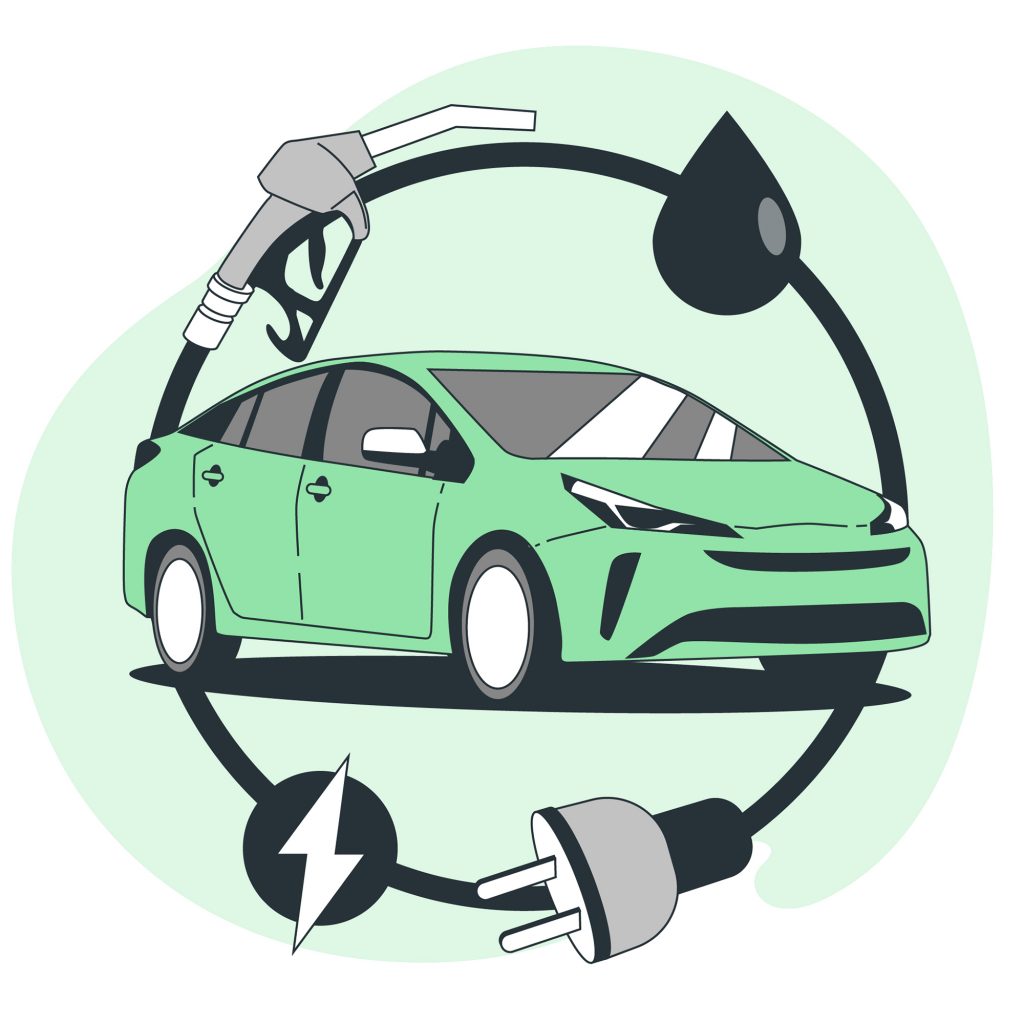
2. is "that" hybrid system reliable?
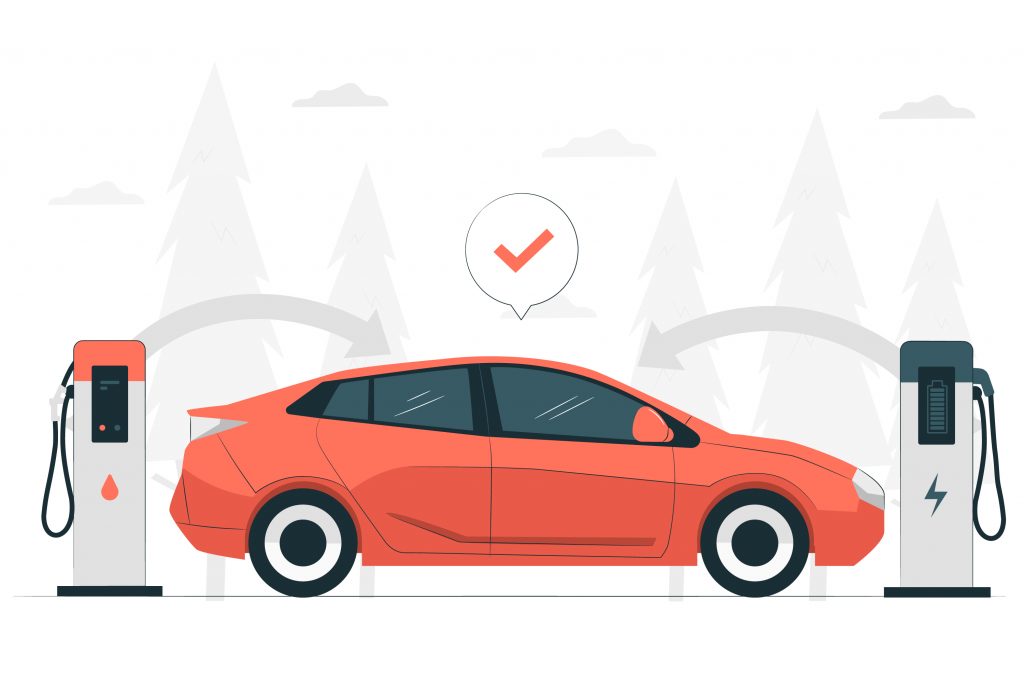
3. replace cost for Hybrid System
When contemplating the purchase of a hybrid car, another crucial factor to consider is the replacement cost for the hybrid system.
While this expense varies depending on the make and model, hybrid systems in cars like Toyota and Honda generally come with a price tag of a few thousand dollars.
The fact that a Hybrid Alphard from Vanswest with 280,000 kilometers on it is still using the same battery is a testament to the durability and longevity of hybrid car batteries. It’s a noteworthy example of how these vehicles can offer both fuel efficiency and lasting power.
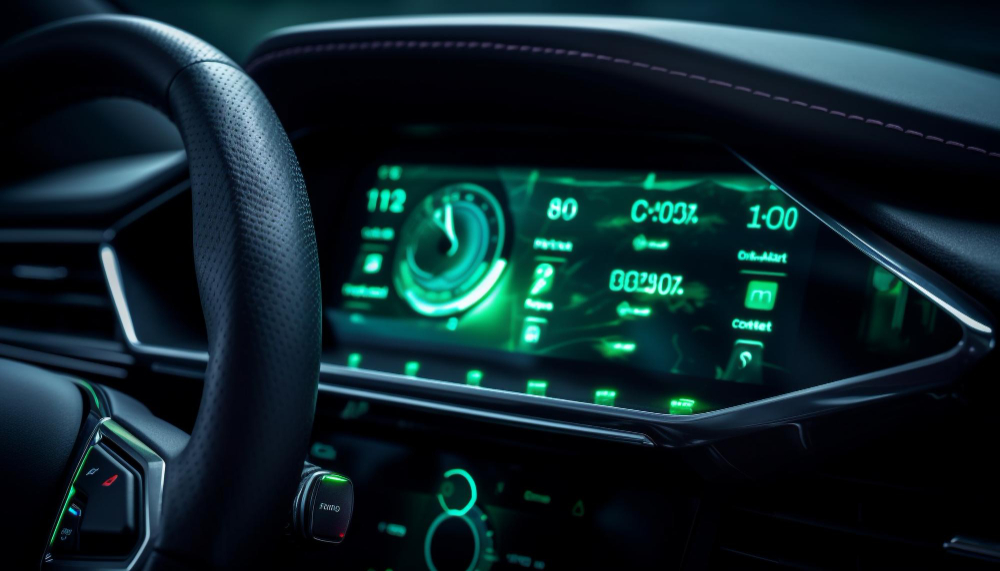
4. how the hybrid system works/type of hybrid system
1. Non-Plug-In Hybrid Electric Vehicles (HEVs): These hybrids do not require external charging; they harness electricity generated during driving, like regenerative braking and kinetic energy, to recharge their batteries. HEVs primarily run on electric power at lower speeds.
2. Plug-In Hybrid Electric Vehicles (PHEVs): PHEVs sport a battery that can be charged via a power outlet or charging station, alongside a petrol or diesel engine for traditional refueling. They typically offer a more extended electric-only driving range compared to non-plug-in hybrids.
3. The e-POWER system(Semi-HEVs) is a remarkable innovation that provides full electric motor drive, meaning the wheels are solely powered by electricity. It’s a non-plug-in petrol-electric hybrid system, delivering electric car-like performance and outstanding fuel economy without sacrificing long-range driving capabilities.
With its combination of a battery, electric motor, 1.2-liter three-cylinder engine, and a decent-sized fuel tank, vehicles like the Note boast an impressive theoretical range of around 1200 kilometers. Achieving a fuel consumption rate of just 2.7 liters per 100 kilometers, e-POWER technology sets a new standard for efficient and eco-friendly driving.
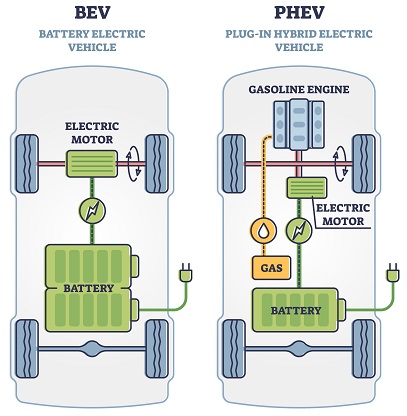
In Conclusion...
Ultimately, the decision to purchase a hybrid car is a balance of environmental consciousness, budget, and driving preferences. By carefully considering these factors, you can make a well-informed choice that aligns with your eco-friendly goals and ensures a satisfying ownership experience in the world of hybrid vehicles.
Check Our Hybrid Vehicle In Stock
Recent Posts...
Auto-generated excerpt
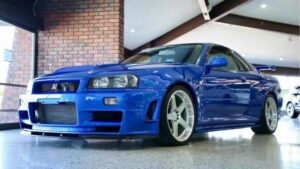
Few cars in history elicit the same passion and adoration reserved for the 1999 Nissan Skyline GT-R R34. Dubbed